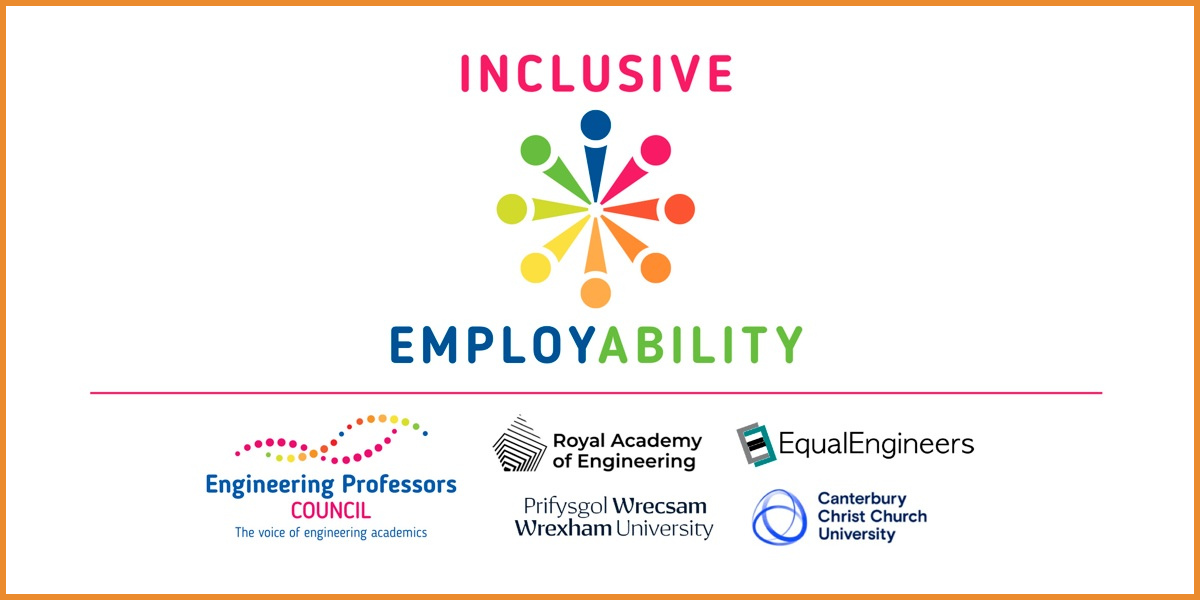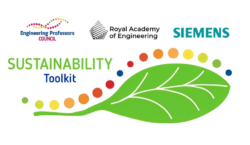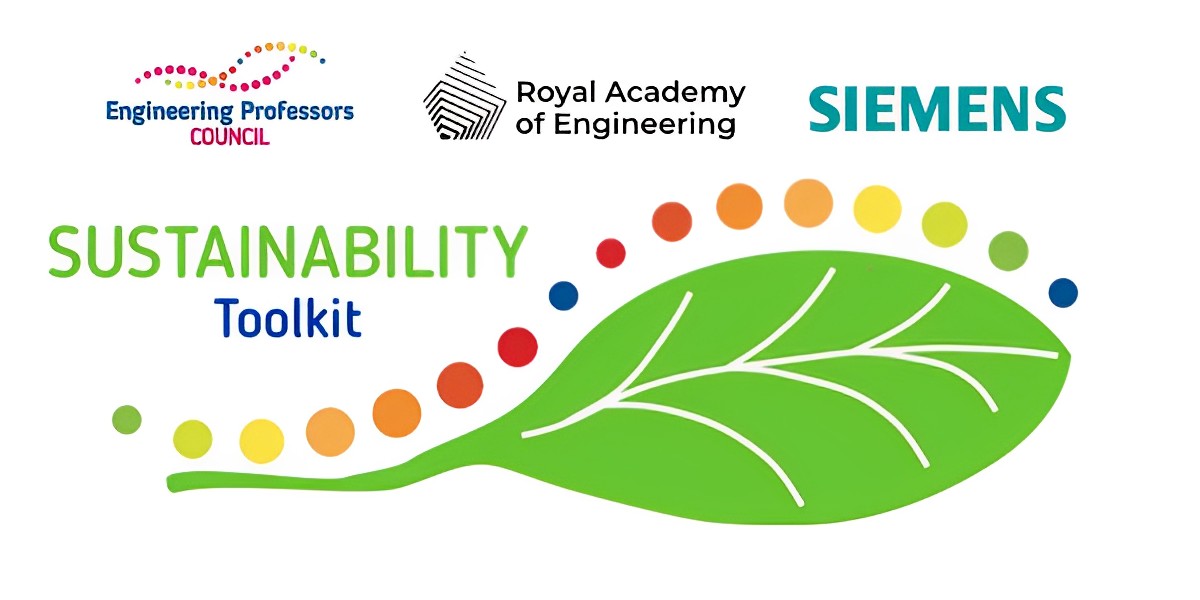
Objectives: This activity amplifies the stories of underrepresented individuals overcoming barriers in their careers, highlighting resilience, diversity, and inclusion. This challenge aims to inspire action and illustrate how diversity drives innovation and growth. By sharing success stories from diverse engineering professionals, we aim to motivate and guide students on similar paths.
Introduction: Voices of Change is an activity designed to highlight the powerful stories of underrepresented individuals in engineering and STEM. Through a collection of personal narratives, including those of Black researchers, this resource showcases the challenges they’ve overcome, the contributions they’ve made, and the importance of diversity in driving innovation. By exploring these stories, students are encouraged to reflect on issues of equity and inclusion, gain insight into diverse career pathways, and feel empowered to pursue their own ambitions within an inclusive engineering community.
Topic: Inspiring diversity and resilience: stories of underrepresented engineers driving innovation and inclusion.
Keywords: Equity, Diversity and Inclusion; Students; Employability and skills; Mentoring; Job or career impact; Early careers; Higher education institutions; Engineering professionals; Curriculum or course; Social responsibility; Societal impact; Corporate social responsibility; Apprenticeships or work based learning; Personal or professional reputation
Voices of change
Video summary: Janet shares her journey from a hesitant industry worker to a successful engineer, highlighting the importance of education, networking, and self-improvement. Key insights: 🚀 Career transformation: Janet’s shift from a technical operator to an engineer illustrates the potential for personal and professional growth through unexpected opportunities. Her journey shows that initial discomfort can lead to fulfilling careers. 📚 Importance of education: Pursuing further education, such as her BTech and bachelor’s degree, was crucial for Janet. This highlights the value of continuous learning in adapting to industry demands and personal aspirations. 🤝 Networking matters: Joining groups like “Women in STEM” helped Janet connect with others and gain valuable insights. Networking can provide support and open doors in competitive fields. 💡 Embrace uniqueness: Janet’s willingness to present herself authentically during interviews exemplifies how being true to oneself can set candidates apart and lead to unexpected success. 🌱 Growth mindset: Janet’s commitment to continuous improvement and lifelong learning reflects a growth mindset that is essential in rapidly evolving industries, showcasing that education is an ongoing journey. 👩🔧 Advocacy for diversity: Janet’s observations about the lack of female engineers in her workplace highlight the need for diversity. Her passion for inclusivity can inspire change and encourage young women to pursue engineering careers. 🛠️ Real-world experience: Janet’s technical background provided her with practical skills that helped in job interviews. This emphasiszes the importance of gaining hands-on experience in any field, as it can enhance employability and confidence Video summary: Leonette emphasizes the importance of networking and mentorship in her journey from chemical engineering to data science, highlighting diversity and empowerment. Key insights: 🤝 The power of networking: Building professional relationships can significantly enhance job prospects. Networking opens doors that might otherwise remain closed. 🎓 Mentorship impact: Guidance from mentors, such as professors, can provide invaluable insights and job referrals in your field. 💬 Active engagement: Participating in events and volunteering fosters visibility and rapport with key industry players. 🌈 Diversity matters: A commitment to diversity and inclusion can drive positive change in the workplace and society. 🌟 Role model influence: Being a visible success for underrepresented groups can inspire future generations to pursue their dreams. 🌱 Empowerment through change: Actively working to reduce gaps in representation fuels personal motivation and broader societal progress. 🛡️ Resilience is key: Perseverance through challenges is essential for long-term success and personal growth. Video summary: Samuel is a biomedical engineering graduate from Canterbury Christ Church University, emphasizes the importance of EDI in engineering and shares his experiences at ICU Medical. Key insights: 🎓 Education’s role in EDI: Samuel’s education at Canterbury Christ Church University shaped his understanding of equality, diversity, and inclusion, highlighting how universities can instil these values early on. 💼 Career impact: Working at ICU Medical, Samuel experiences first-hand how EDI initiatives can create a supportive work environment, demonstrating EDI’s influence on professional development. 🌍 Importance of EDI events: By participating in EDI events, organisations can foster a culture of inclusion, encouraging diverse participation in engineering fields. 🤝 Diversity in problem-solving: Different perspectives lead to innovative solutions, proving that EDI is crucial for effective teamwork and project success in engineering. 🗣️ Listening to diverse voices: Brooks emphasizes the significance of hearing different viewpoints, suggesting that diversity in thought is essential for addressing complex challenges. 📈 Future of EDI: The need for increased awareness and opportunities in EDI is vital for fostering an inclusive environment, ensuring everyone has equal chances for success. 🌟 Organisational responsibility: Companies should prioritise creating EDI teams and strategies, making inclusivity a fundamental part of their operational framework. Video summary: Lewis a former transport manager, transitioned to teaching computer science, aiming to inspire diverse students in computing and engineering fields. Key insights: 🚀 Diverse backgrounds enhance innovation: Engaging individuals from various backgrounds can lead to more innovative solutions in tech. Diverse teams bring different perspectives, critical for problem-solving in engineering and computing. 🏫 Importance of early education: Introducing computing concepts at a young age can inspire future interest and career paths among students. Early exposure is key to nurturing talent from diverse demographics. 🔍 Awareness of gender & racial gaps: Understanding existing disparities in education allows educators to implement targeted strategies. Video summary: Leon is a Computing graduate from East London, is a grassroots football coach passionate about technology and inclusivity in sports. Key insights 🌐 Diversity and inclusion: Leon highlights the importance of fostering an inclusive environment in sports, which can positively influence players’ development and teamwork. Embracing diversity enriches the community within the club. ⚽ Passion for football: His love for football not only drives his coaching but also builds resilience. The challenges faced in sports translate into valuable life lessons applicable in various contexts. 💡 Technology enthusiasm: Leon’s interest in technology reflects a growing trend where tech plays a crucial role in sports and society, indicating the need for professionals to adapt and innovate. 🛠️ Work-life balance: By learning to separate work from personal life, Leon emphasizes self-care, which is essential for maintaining mental health and productivity in high-pressure environments. Video summary: Final-year mechanical engineering student Purvi shares insights on job offers, the value of practical experience, and leadership skills from his projects. Key insights: 🎓 Practical experience matters: Purvi emphasized that hands-on experience, such as internships and projects, can set candidates apart in competitive industries. This underscores the importance of seeking practical opportunities during academic studies. 🚀 Diverse skill application: The realisation that skills from various experiences, not just academic knowledge, can be leveraged in interviews showcases the value of a well-rounded background in job applications. 🔍 Importance of leadership: Participation in projects like the Formula Student provided Purvi with leadership experiences that he effectively communicated during interviews. This highlights how extracurricular activities can enhance employability. ⚖️ Health and safety knowledge: Understanding industry-specific regulations, such as health and safety in aviation and defence, can significantly strengthen a candidate’s position in interviews, demonstrating readiness for real-world challenges. 🤝 Support systems matter: Purvi’s positive experience with university support in navigating job offers illustrates the role of academic institutions in preparing students for the workforce. 🌟 Expectations vs. reality: The contrast between Purvi’s initial expectations of the industry and the actual diversity he encountered suggests a shift in perception is possible through direct experience. 📈 Utilising unique skills: Purvi’s insight that uniqueness stems from skill utilisation rather than background alone promotes the notion that every candidate has something valuable to offer, regardless of their starting point.
Click on each accordion tab to discover inspiring success stories from a diverse range of engineering professionals, showcasing their journeys and achievements. Let their experiences motivate and empower you to reach new heights in your career.
Stories of Black Researchers in STEM
Explore the inspiring journeys of Black researchers in STEM, highlighting their achievements and contributions despite challenges. Their stories showcase resilience and the vital role of diversity in science, technology, engineering, and mathematics. Initiatives like #BlackBirdersWeek and #BlackInSciComm emphasize the importance of community and representation, celebrating successes while addressing systemic obstacles.
Explore these narratives and learn more about the experiences of Black researchers in STEM through Science News’ feature on the diversity, equity, and inclusion efforts within the science community.
This work is licensed under a Creative Commons Attribution-ShareAlike 4.0 International License.
Any views, thoughts, and opinions expressed herein are solely that of the author(s) and do not necessarily reflect the views, opinions, policies, or position of the Engineering Professors’ Council or the Toolkit sponsors and supporters.
Please note: Discussions around discrimination, prejudice and bias are highly complex and part of a much wider national and international debate, including contested histories. As such, we have limited the scope of our resources to educating and supporting students.
The resources that the EPC and its partners are producing in this area will continue to expand and, if you feel there is an issue that is currently underrepresented in our content, we would be delighted to work with you to create more. Please get in touch.

